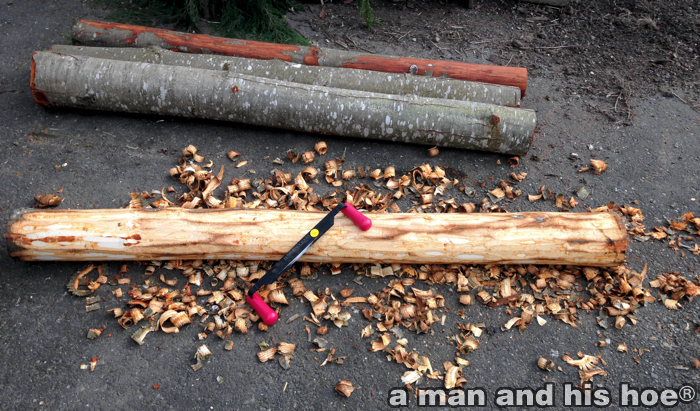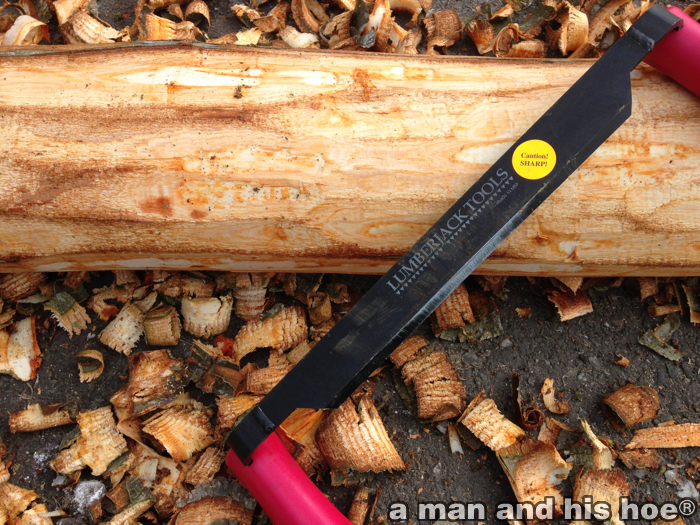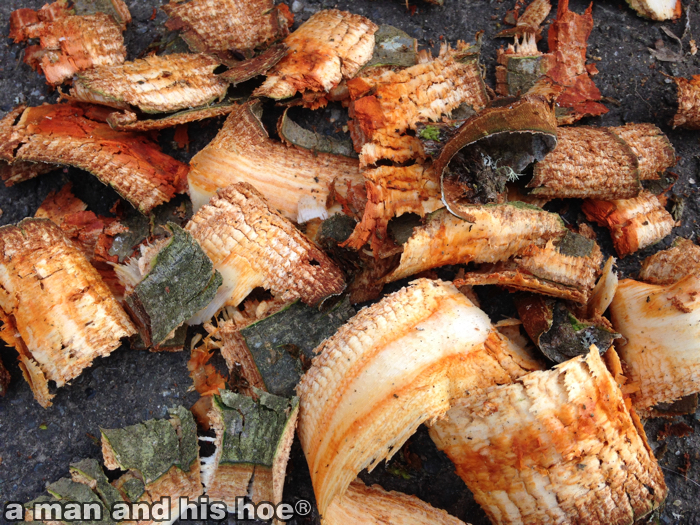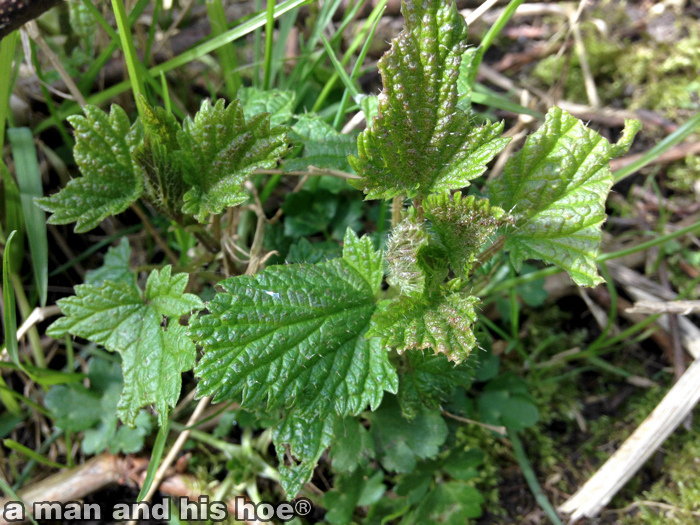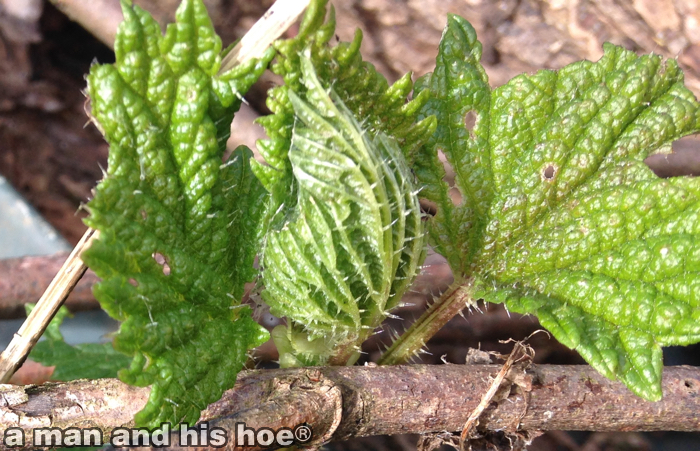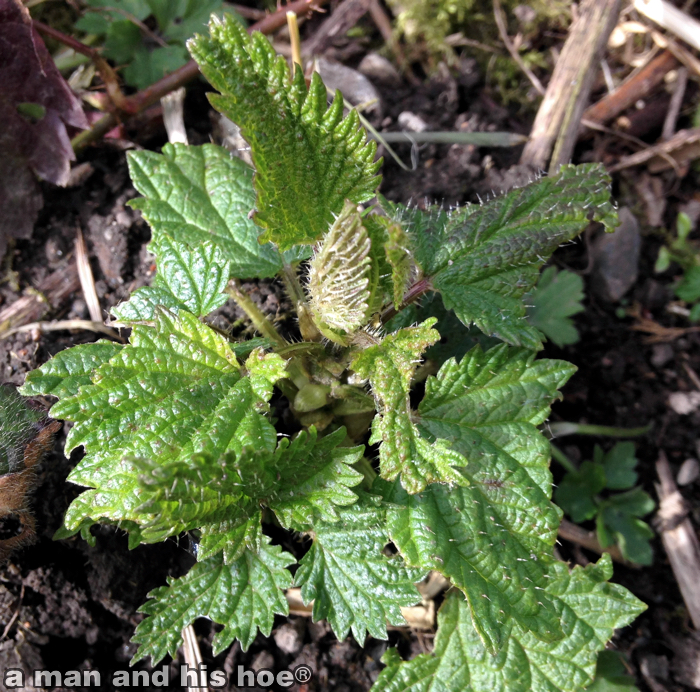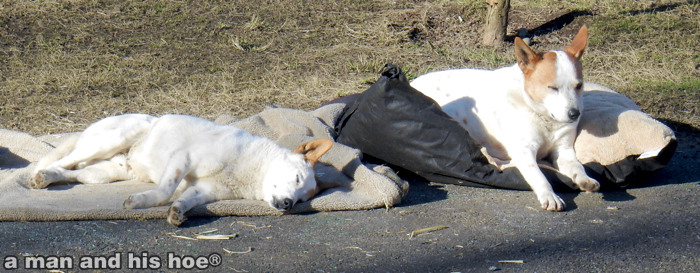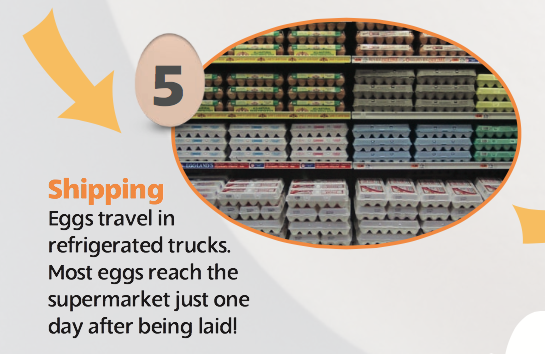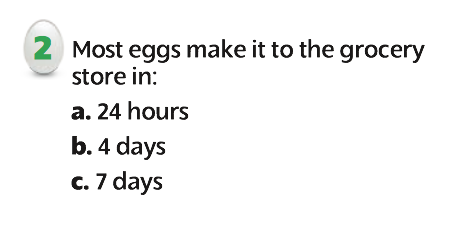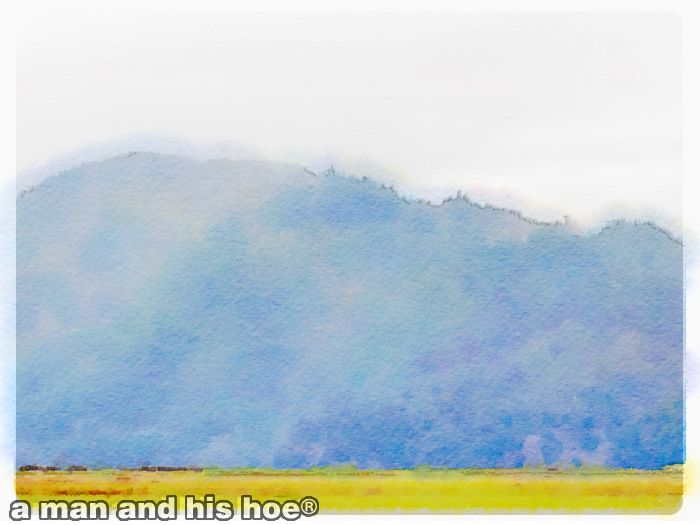
Looking at the peaceful Chuckanut Mountains and the beautiful valley at their feet, it’s easy to miss the danger that runs right at the foot of the mountains. I was coming home from an errand the other day when I was stopped at the railroad crossing as a mile long coal train lumbered by. It looks idyllic, but these coal trains that pass through every day on their way to deliver coal to ships which will carry it across the Pacific are slowly destroying this very valley.
It’s only a matter of time before the the burning of all this coal warms the earth enough that the Sammish Bay rises and creeps across the valley. The farmers who farm this valley won’t be able to pass their farms on to their grandchildren, their great grandchildren, their great great grandchildren. The villages that dot the valley will disappear under the sea.
So why aren’t the farmers parking their tractors onto the railroad tracks to stop the coal trains? Why aren’t all the residents of the valley lying down in mass on the railroad tracks to keep the coal trains from destroying their homes? It’s a puzzling question.
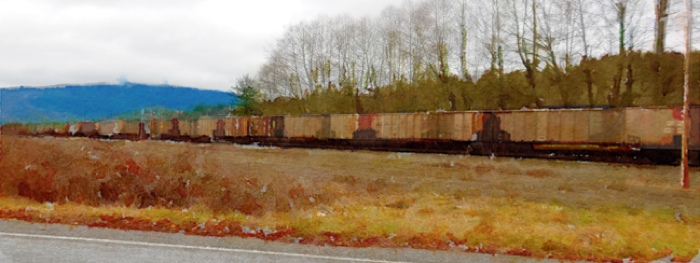
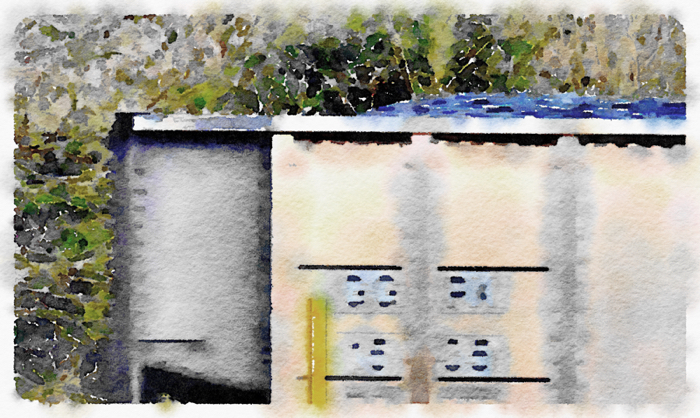
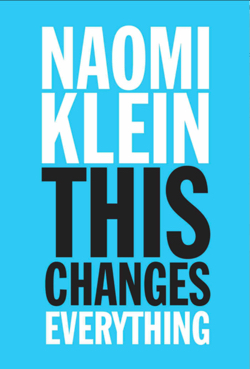
What will bring an end to the burning of coal, is love. If someone came to us with a proposal to gouge out a hole on our mother’s breast so they could extract a substance that would make them very rich, and leave us a sick mother to care for, not a single one of us would listen to them. We’d run them out of town, or turn them into the police to be locked up. We love our mothers too much to allow anyone to rip them open for profit.
And yet, most of us think nothing of people ripping the earth open, gouging out vast quantities of coal to sell and make fortunes, and leaving us with ecological nightmares. These fortunes come at a great cost to us all. It sounds ludicrous to compare strip mining to gouging our mother’s breasts, but it really is not. The earth is every bit as much our mother as our own caring, loving, crying, laughing mothers.
The earth deserves our love as much as our mothers. It is our earth, the tiny spec of blue in the unimaginable vastness of the universe, which gives us everything we need to live. Unless we love the earth as much as our mothers, we are going to let the ones who love money more than anything, destroy our beautiful earth, one coal train at a time.
Naomi Klein describes in her new book This Changes Everything, how our love of money is making our earth uninhabitable. Her point is that the form of capitalism we have created, is at war with nature, and the end result of letting the current system continue, is certain death for us all. What we need is a system that treasures our earth, listens to the laws of nature which govern how our environment works, and live accordingly. In other words, it will take all of us loving the earth as our mothers, to change our system so that future generations are assured of inheriting an earth even more wonderful than ours.
